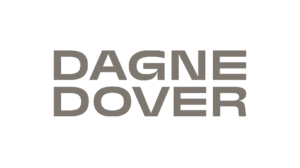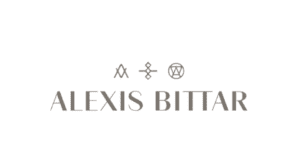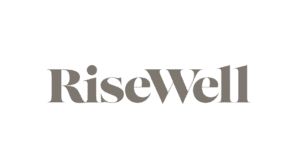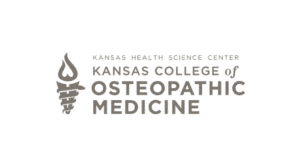A lot that goes into a successful SEO campaign. At times, keeping up with the ever-changing search engine algorithms and SEO best practices can be overwhelming. While some practices can be effective, some can significantly damage your search ranking.
We listed five of the most common SEO mistakes you should avoid when starting an SEO campaign.
1. Choosing the Wrong Keywords & Keyword Stuffing
Choosing the right keywords for your SEO campaign is extremely important. This basically dictates what you will appear for in search engine results pages (SERPs). For example, if your company sells “digital marketing services” you do not want to optimize for keywords like “traditional advertising” or “print advertising services”. Users searching for those keywords are not looking for digital marketing and will likely result in a bounce. You want to make sure that your services line up with a users’ search intent, so when they click on your result they find what they are looking for.
Keyword stuffing is another issue that occurs often. Google is a very intelligent machine and knows when something looks “spammy”. Stuffing a bunch of keywords into your copy will NOT increase your rankings. Google ranks websites based on the QUALITY and LENGTH of content. Pick a few high-value keywords and place them strategically throughout your content to maximize your SEO efforts.
2. Duplicate Content
Understandably, it requires a lot of effort to create original content for each part of your website. Some may be tempted to copy content from one page to another and think they have a better chance of ranking for incorporated keywords. However, duplicate content has the opposite effect. Google penalizes sites that have duplicate content, so be sure to create unique content for each page on your site.
3. Titles & Metas are Heavily Overlooked
Meta titles and descriptions are what the SEO world likes to call “low-hanging fruit”. These bits of HTML code help Google understand what your pages are about. Making sure that your titles and descriptions are up-to-date with high-value keywords that correspond to your pages is a very easy way to make sure you stay in Google’s good graces. Meta descriptions should try to be kept under 160 characters while meta titles should be kept under 60 characters, with the most high-value keywords towards the beginning.
4. Quality over Quantity When it Comes to Links
Is having external links in your site’s content important? Yes. Does that mean you should load up your content with external links? No. The quality of external links is more important than the quantity. You want to have links that lead to credible and authoritative sites. In addition to the quality of the link, you want to pay attention to the anchor text used for the external link. Avoid using “click here” or similar call to actions, because this wastes precious SEO opportunities. If you are linking out to a digital marketing agency’s SEO page, the anchor text should be “SEO services”.
5. Ignoring Your Site’s Mobile Experience
Mobile speed is not just a Google ranking factor, it is also a user experience (UX) issue. When a user visits your site on their mobile device, they are likely to leave your site if it is taking too long to load. This can result in a drop in traffic and leads, which can be easily prevented. Google provides a free Pagespeed Insights tool where you can check your mobile and desktop speed, and even see Google’s recommendations for improving your score.
Making sure that you take these five strategies into consideration when building an SEO campaign will severely impact the effectiveness of your campaign. Contact us for more information on how to build the best SEO strategy for your business or schedule a free marketing analysis with one of our digital marketing experts to see how we can help you.





















